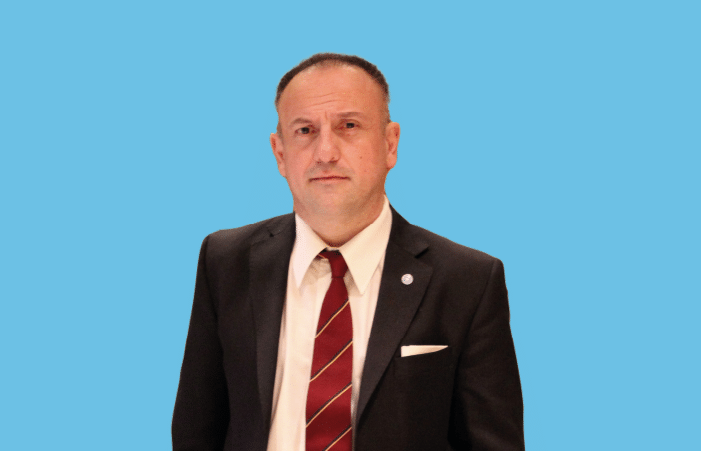
Around the time of my 60th birthday, I faced an unexpected testicular cancer diagnosis, typically seen in much younger individuals. Surgery and chemotherapy followed, fully covered by my job’s health insurance. This experience underscores the vital role of innovation. Had I been diagnosed in my twenties; my survival odds would have been a mere 10 percent. The standard cisplatin treatment, highly nephrotoxic, often led to limited dosages, fostering rapid resistance. Thankfully, Argentinean Dr. Esteban Cvitkovic revolutionized cisplatin therapy, reducing side effects and kidney damage. Now, the survival rate stands at 97.5 percent.
In Argentina, healthcare comprises the public sector (free), employer-funded health insurance, and voluntary/prepaid insurance. A third of the population relies solely on public services, while nearly two-thirds have insurance. Regulation is essential for the private sector. In 1996, Law 24,754 mandated private insurers to cover the Mandatory Medical Program (MMP), ensuring that all oncological medication and palliative care are free by law. Principio del formulario.
High-cost medications generate a high economic burden that health institutions must face. In 1994, international treaties considering health as a fundamental human right were incorporated into our constitution. It should be noted that, through the reform, international treaties acquire a supra-legal character to our legal regime, meaning that they are below the constitution but above the laws and other internal legislation. This change of scenario placed the state into the role of guarantor for health legislation, leading to an increase in the number of protection claims for benefits not included in the assistance programs. Thankfully most claims are accepted by judges, with only a few exceptions.

